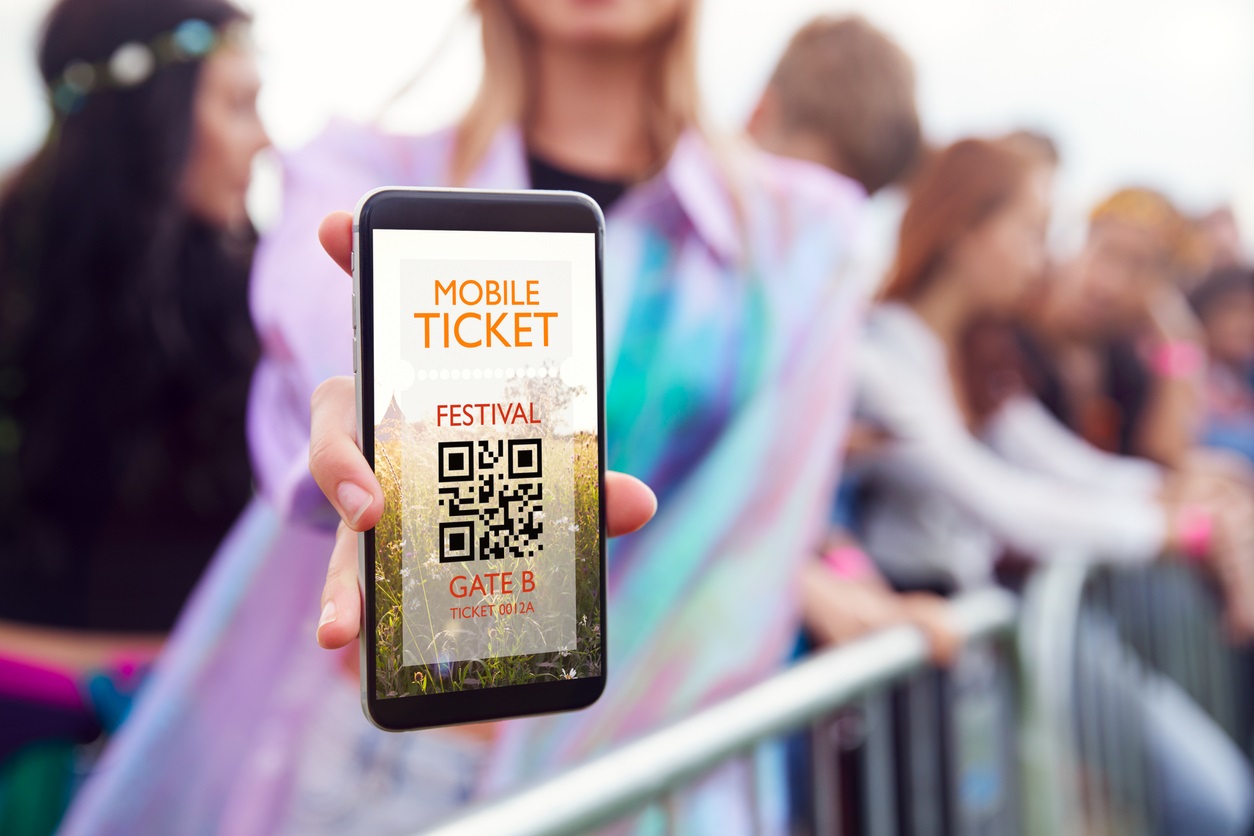In an era dominated by digital innovation, the debate between traditional ticket printers and digital ticketing solutions continues to evolve. While both options offer unique benefits, understanding the advantages and limitations of each is crucial for businesses seeking to optimize their ticketing processes.
In this blog, we’ll explore the differences between ticket printers and digital tickets, helping you make an informed decision for your business needs.
Traditional Ticket Printers
Ticket printers have long been the backbone of ticketing operations across various industries. These devices, ranging from desktop printers to handheld units, efficiently generate paper tickets for events, transportation services, and more. Let’s delve into the advantages and considerations associated with traditional ticket printers:
Advantages of Ticket Printers:
- Tangibility: Paper tickets provide a tangible and physical form of admission, which can enhance the overall experience for attendees.
- Universal accessibility: Paper tickets are accessible to all attendees, regardless of their access to digital devices or internet connectivity.
- Instant accessibility: Tickets printed on-site offer instant access to events or services, eliminating the need for pre-registration or digital downloads.
Considerations for Ticket Printers:
- Environmental impact: Paper tickets contribute to paper waste and may not align with eco-friendly initiatives.
- Storage and distribution: Managing physical tickets requires storage space and logistical coordination for distribution, which can be cumbersome for large events.
The rise of mobile ticketing
In recent years, digital tickets have gained popularity as a convenient and eco-friendly alternative to traditional paper tickets. Digital tickets, typically stored on smartphones or other electronic devices, offer a range of benefits for both businesses and consumers. Let’s explore the advantages and considerations of digital ticketing:
Advantages of Digital Tickets:
- Convenience: Digital tickets can be easily stored and accessed on smartphones, eliminating the need for physical tickets and reducing the risk of loss or damage.
- Flexibility: Digital tickets can be easily transferred, resold, or refunded, offering greater flexibility for attendees and event organizers.
- Real-time updates: Digital tickets can be updated in real-time with event information, seat upgrades, or itinerary changes, providing a seamless experience for attendees.
Considerations for Digital Tickets:
- Accessibility: Digital tickets require access to a smartphone or electronic device, which may pose challenges for attendees without access to technology.
- Security: Ensuring the security of digital tickets is paramount, as they may be susceptible to hacking or unauthorized duplication.
Choosing the right solution for your business
When deciding between ticket printers and digital tickets, it’s essential to consider the unique needs and preferences of your business and your customers. While traditional ticket printers offer a tangible and universally accessible solution, digital tickets provide convenience, flexibility, and real-time updates. Ultimately, the ideal ticketing solution will strike a balance between efficiency, accessibility, and environmental sustainability.
Both ticket printers and digital tickets have their place in the modern ticketing landscape. By understanding the advantages and considerations of each option, businesses can make informed decisions to optimize their ticketing processes and enhance the overall experience for their customers. Whether you choose traditional ticket printers or embrace digital ticketing solutions, the goal remains the same: to streamline operations and deliver exceptional service to attendees.






